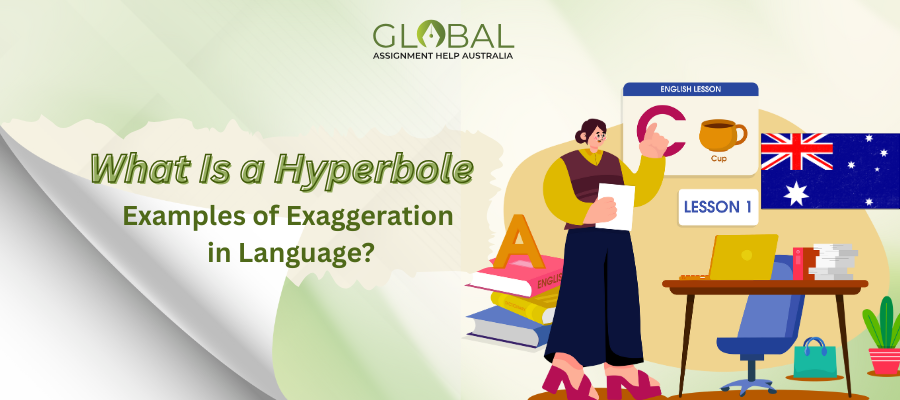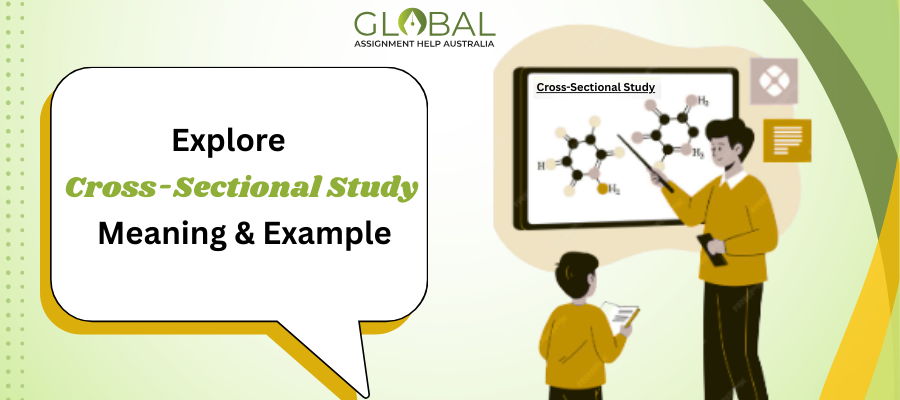 Offers
New
Order Now
Offers
New
Order Now
Have you ever thought what the difference between phrases and clauses is? Well, you need to admit that everyone at the start thinks clause and phrase as two similar things, but that’s not correct, you are wrong. If you want to learn more about the phrases and clauses, keep your eyes open and read the blog till the end.
The phrases are a group of words that express the concept used in the sentence. It does not contain a verb and a subject. On the other hand, a clause is a group of words that contains a verb and a subject inside it. It is a part of the sentence that can also work as a full sentence in itself. In a sentence, one part with the verb and a subject is known as a clause, and the rest without the subject and verb is known as a phrase. To understand it more, here is an overview:-
Clause vs Phrase is a battle going on for a long time. Aussie students often get confused and find themselves dwindling when the professor assigns them a task related to clause and phrase. Phrases and clauses are the building blocks of the sentence. Without having these two in a sentence, the sentence can’t be completed and will always make illogical meaning.
The phrase is a part of speech that cannot stand alone in the sentence because the words inside it work as a singular part. It can also function as a noun, adverb, verb, or adjective. If the students can grasp the understanding of the types of phrases, they can avoid leaving them dangled in the sentence.
Clauses are the group of words that contains subject and verb inside them. Some of the clauses are capable of working even in the place of a sentence. And some of them need to depend on the rest of the sentence to express its complete meaning because they are part of the speech.
Now let’s understand them in terms of a sentence. Clause and phrase are the groups of words that act as a singular unit and perform a single function in the sentence. The sentence can have any number of clauses and phrases inside it. To get you a better understanding of it, here is an example- “She laughs at shy people.” Here, ‘she laughs’ is a clause, and ‘at shy people’ is a phrase that connects with the clause and makes a proper logical sentence.
To make rational sentences that sounds more logical, student needs to get good grasp on the type of phrases and clauses.
Phrases and clauses are a combination of words, and we hope you must have understood them in the previous part. But that information is not sufficient to get a grasp on the topic; students should have basic information on the types of phrases and clauses. After understanding the types clearly, students can also easily improve their sentence formation.
There are 8 types of phrases that are used as a part of speech. They are- Noun, Verb, Gerund, Infinitive, Appositive, Participle, Prepositional, and Absolute.
Noun Phrase - They are the group of words that act as a part of speech and perform a function of nouns. They can act as a subject, object, and prepositional object in a sentence.
Examples:-
Verb Phrase - Verb phrase is the type of phrase that includes helping verb and main verb. Understanding this phrase is important because it helps students in speaking, writing, and in avoiding errors.
Examples:-
Gerund Phrases - These phrases are also known as the shapeshifter of the English language. They are created from the verbs, but they perform the function of a noun.
Examples:-
Infinitive Phrases - The infinitive phrases are those phrases that begin with an infinitive verb. An infinitive verb is a base form of the verb that begins with ‘to.’
Examples:-
Appositive Phrases - This is the type of phases that defines nouns. An appositive noun is used to provide more details in the sentence. They are the two nouns that work together, where one noun defines the other.
Examples:-
Participle Phases - The phrase that begins with present participles is known as participle phrase.
Example:-
Prepositional Phrases - The phrases that begin with a preposition and also work as a noun in a sentence is known as prepositional phrases.
Example:-
Absolute Phrases - The absolute phrases are those phrases that modify the whole sentence and not just a noun. It has a subject but no action verb, so it can not stand alone at the place of the sentence.
Example:-
These are the types of phrases with examples that can help Aussie students to understand the phrases in-depth. Now, it is time to understand the clauses.
The clauses are of 4 types- Independent Clause, Subordinate known as Dependent Clause, Adjective known as Relative Clause, and Noun Clause.
Main Clause - These are the clauses that can stand alone at the place of a sentence without depending on any other part of speech.
Examples:-
Subordinate Clause - These are the clauses that cannot stand alone at the place of a sentence without the help of any other part of speech. Usually, it depends on the main clause to be logical; that’s why it is also known as a dependent clause.
Examples:-
Adjective Clause - These are the clauses that are associated with relative pronouns like who, which, that, etc.
Examples:-
Noun Clause - The noun clause is also a dependent clause, but it starts with words like- how, that, what, whatever, where, which, who, whoever, etc.
Examples:-
These are types of clauses that can help students to understand them easily.
Still there are some students who cannot diffrentiate between clause & phrase. To help them understand it here is:-
Many students struggle in stating the difference between phrase and clause. To help those students, here is the table that shows the difference:-
|
Clause |
Phrase |
|---|---|
|
A word or a group of words that have a subject and a verb. |
A word or a group of words that do not have a subject and a verb. |
|
Clauses are the component of the sentence. |
Phrases are the components of the clause. |
|
All the words in the clause have meaning, and collectively they can also work at the place of a sentence with logical meaning. |
All the words in a phrase have meaning, but collectively they don’t sound logical. |
|
Clauses can convey thoughts and ideas. |
Phrases can’t convey thoughts and ideas. |
|
Examples:- He waited for her, but she never came. |
Example:- Taking my dog for a walk s fun. |
This table can help Aussie students in answering a question like- what is the difference between clause and a phrase?
Many Australian students find themselves struggling in the worksheet and quiz on phrases and clauses. For that, they seek help from online assignment help. Students who are struggling in the phrases and clauses can take service from Global Assignment Help Australia. It is one most trusted websites that are present in the online market, and students have blind faith in us. Those students who already took help from us know that no one in an online market can solve their query from the root other than us. The features that make us exceptional are:-
Expert Writers - The writers in our organization are experts in their particular field of subject. Not only that, but they also have vast knowledge and excellent research skills to make any document an excellent piece of art.
Expert Editors - Not only our writers, but our editors are also exceptional in their field. They have an excellent grasp of the English language, which helps them to make any document error-free and flawless with ease.
On-time Delivery - Our organization not only help students with assignments, worksheet, and quiz, but we also make sure that the delivery should occur before the submission of the document.
Full Transfer of Ownership - Just after delivering the document, we transfer the full ownership of the paper to the customer, so it cannot be used for any other third party purpose.
Exciting Freebies - Not only we are good at drafting, but our organization also provide some exciting freebies to our customer- for example- a Free Plagiarism report, Free unlimited revision, etc.
Round-the-Clock Customer Support - Our organization make sure that whenever student faces any problem regarding their academics, they can reach us. We provide 24*7 customer support to our customers and needy students.
These are the features that make us stand out compared to any other service provider. So don’t waste your time and enjoy these exciting freebies by taking help from us.

Grab this exclusive offer and start your journey to savings today! Act quickly, as this special offer won't be around for long!

This blog explains what is a hyperbole, provides engaging examples, & explores how to use hyperbole.

Explore 150+ funny debate topics to spark laughter, creativity, and lively discussions in 2025

Cross-Sectional Study basics explained with steps, examples, and comparisons.
Limited Time Offer
Exclusive Library Membership + FREE Wallet Balance
1 Month Access !
5000 Student Samples
+10,000 Answers by Experts
Get $300 Now
Update your Number
